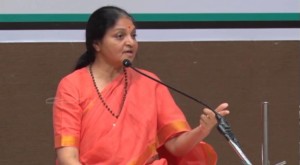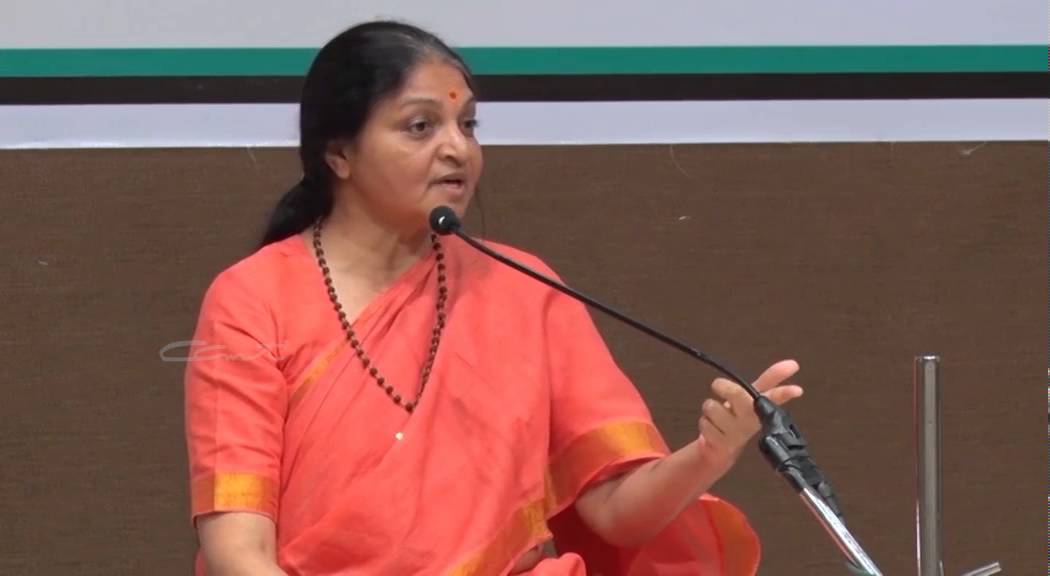
Swamini Vimalananda
A word may have different meanings in different languages. For example, ‘terima’ means ‘do you know’ in Tamil and ‘your mother’ in Hindi. But the meaning of the word must always be understood in the language in which the sentence is spoken, otherwise a lot of misunderstanding can result.
Let us try to understand the words ‘Dharma’ and ‘Sampradaayaa’ in their true meaning. These are words of the Sanskrit language and so their true meaning too should be understood as meant in that language.
“Dharyate anena iti dharmah”. That which supports is dharma. That which supports, maintains, nourishes, harmonizes, brings together, and unites the inert and the sentient, the individual and the society, nation and the world is dharma. The very substratum of the entire creations is called dharma. The common factor, the essence of countless imaginable creations is dharma. The other names synonymous in meaning in the Vedas are Brahman, Atman, Paramatman etc. Therefore one of the names of Maha Vishnu in the Vishnusahasranaam (thousand names of Vishnu) is Dharma. The word Dharma has a wide range of meanings and hence called Parma (Supreme) Dharma. Let us now delve further into this word.
There are three aspects to life: l)The experiencer of the world called the ‘jeeva’ or the individual, 2) the experienced world or jagat. The individual could not have created himself or another individual or the world. Neither did the world create itself or the individual. The finite cannot create the infinite, nor the inert the sentient. 3) Hence one has to postulate the creator of the two – the Iswara. The Jeeva Jagat Ishwara are in essence one. Their essential relation or substratum or the Truth behind them is called Param Dharma. These three, Jeeva- Jagat-Ishwara, also have a transactional relationship
Ishwara is the creator, the world and the jeevas, the created. The jeeva is the enjoyer, the world the enjoyed. The individual is the part and finite, the Ishwara, the whole and the infinite. Knowledge of this transactional relationship is also called ‘Dharma’.
The individual performs actions in the world and reaps results thereof. So the Law of Action – Karma Siddhanta and its discussions is also ‘dharma’. By actions one gains various fields of experiences, material objects (job relations etc), or other world (heaven, hell etc) or various other bodies (plant, animal etc.). Hence this knowledge is also called Dharma.
An action is measured not only by the outer performance, but also by the intention behind it. If one serves a rich man with an intention of gaining wealth, it is not called selfless service. These intentions depend on the values of life that we possess. Hence discussion on values is also dharma.
For the harmonious life of the individual and society certain laws are made which are given out as do’s and dont’s. The knowledge of these laws is also dharma.
Excerpted from chinmayauk.org. Swamini Vimalananda is in charge of Chinmaya Mission, Coimbatore







